How serious is pancreatic cancer?
This is a difficult problem for all concerned. From the
patient's viewpoint it is hard to categorize the early
symptoms and the uncontrolled disease can be intolerable.
For the surgeon it is often frustratingly impossible to
remove the cancer with a real hope for cure. In most
individuals the disease is encountered too late for total
correction. Even when the cancer is removed, the longterm
results are discouraging. The disease is so difficult
to diagnose correctly that the majority of patients are
treated for three to six months for another illness before
his cancer becomes recognizable as the true cause.
Is this a rare disease?
No, actually it is very common. Certainly pancreatic
cancer is being recognized with increasing frequency because
of improved diagnostic techniques.
How does it come about? What causes it?
There is no information on this. We don't even have
any suspicions. Whereas there is some suggestion that
tumors elsewhere in the intestinal tract are in some way
related to diet, eating habits or chronic irritation, no such
evidence for pancreatic cancer exists.
What does the yellow color mean?
The technical term for this is "jaundice." The change
in the color of the skin and the whites of the eyes results
from a blockage of the bile pathway into the intestine.
The bile backs up into the blood land tissues, causing this
yellow or yellow green color.
What causes the block?
Such blocks can be due to a gallstone, pancreatic inflammation
or tumors in the area.
Are you sure that cancer is causing the block?
One can never be sure until the operation is done.
Every surgeon working in this area has encountered
instances in which an almost certain case of pancreatic
cancer turned out to be a gallstone. He has also had the
same experience in reverse. This is one of the important
reasons for operating. The seemingly hopeless patient may
turn out to have something that can be completely corrected.
Can the diagnosis be made from the barium X rays that
have already been done?
Unfortunately it cannot be reliably and unconditionally
verified by this method.
What then was the purpose for the time and expenses
involved in getting those X rays?
For one thing one can never know in advance what the
X rays may show. They may, for example, reveal a completely
different disease. In rare instances, for example,
we might have discovered that the problem was due to
ulcers.
Then why do you now want to do this X ray of the
abdominal arteries?
This is a different sort of X ray, but again it is only
a guide and one cannot know in advance what it will
show. With this examination, performed by injecting a
dye into a large artery in the upper thigh, it is possible
to demonstrate the blood vessels in the pancreas and
surrounding area. From their contour and pattern one
can often diagnose the presence and location of various
diseased tissues and to infer their cause. This relatively recent technique is a major advance in the diagnosis
of abdominal disorders.
Since you say that it could be a gallstone, why don't you
X-ray the gallbladder?
The usual type of gallbladder
X ray is of no value in
the patient who is already yellow. However, there is a
special liver puncture technique done in conjunction
with X ray which makes it possible to demonstrate the
presence of obstruction and its probable cause. This
examination is done on the way to the operating room,
just before the surgery is performed.
When do you advise that the surgery be done?
We will first complete all the diagnostic studies and at
the same time try to improve the general condition that
brought about the patient's poor eating and weakness.
The preparation for surgery can ordinarily be accomplished
within seven to ten days of the initial complaint.
One of the doctors recently discovered that I am a
diabetic. Is there a connection?
This may be the ordinary mild diabetes of the older
individual, or it may represent the tumor in the pancreas
having an effect on the manufacture and delivery of insulin
from the pancreas. A specific type of recent onset
diabetes is sometimes seen in association with cancer
of the pancreas.
Everyone around has noticed that I have become
depressed, moody and disinterested. Is this related
to my disease?
The relationship between pancreatic cancer and the
mind is not known, but many patients with this disease
have this mood change. In fact, some individuals are
intensively treated for a reactive depression before cancer
of the pancreas is recognized.
What does the operation do?
If possible, the tumor of the pancreas, the surrounding
bile duct, and part of the stomach and intestine are removed
and everything is rejoined. If that is not possible,
then a new intestinal opening for bile flow and food is
made so that the yellow color will disappear and digestion
will improve.
What are my chances for cure if you can take the cancer
out? What is the risk?
The risk is that of any major abdominal operation,
perhaps somewhat greater. Only about 15 percent of those
surviving the operation will live for five years. However,
you should know that some tumors in adjacent areas can
simulate pancreatic cancer and that surgery in these
other areas is somewhat less risky and is accompanied
by better prospects for longer survival.
What happens if the cancer can't be removed?
That's even worse. The patient seldom lives for more
than eighteen months and suffers a great deal.
In other words, you are not giving me an encouraging
viewpoint either way.
That is true. Cancer of the pancreas is one of the most
unfavorable conditions the physician has to deal with.
Then why do surgery at all?
There are several reasons. First, we may have been all
wrong and it may turn out not to be a cancer. Second,
if complete surgery can be done, it represents a slim but
the only possibility for cure. It usually relieves the jaundice
even when the cancer cannot be removed; this avoids
or relieves exasperating itching, which is due to deposition
of bile salts in the skin. In the bad risk or very elderly patient there is good reason not to do extensive surgery. Sometimes in this group if the diagnosis is definite, no
surgery should be attempted.
Can one live with only part of the pancreas, or completely
without the pancreas?
Yes. The individual will require certain medicines to
substitute for the function of the removed pancreas, but
an active, useful, comfortable existence is possible without
the pancreas.
Is there any other treatment if surgery fails?
Nothing has proved truly effective.
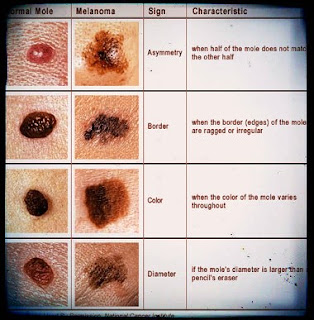
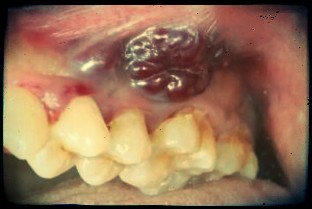
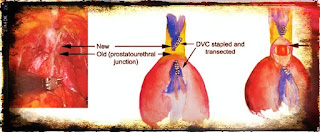
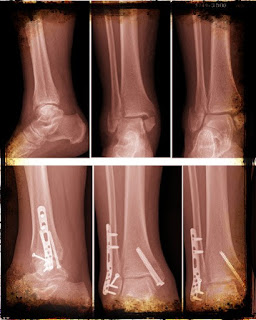
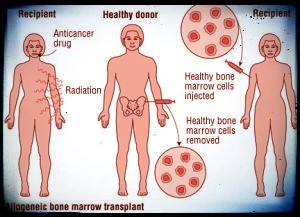

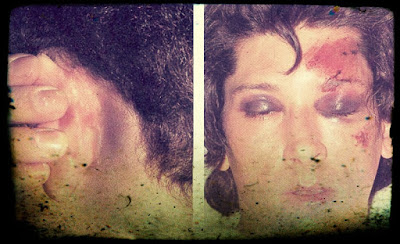
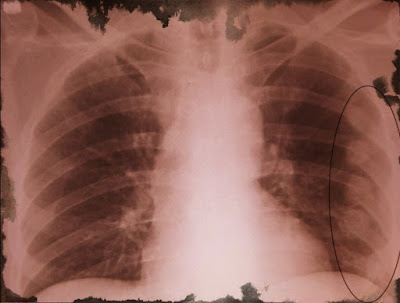
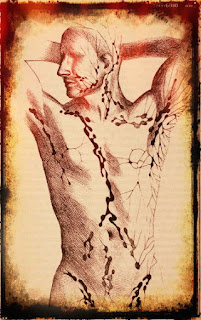

Comments
Post a Comment